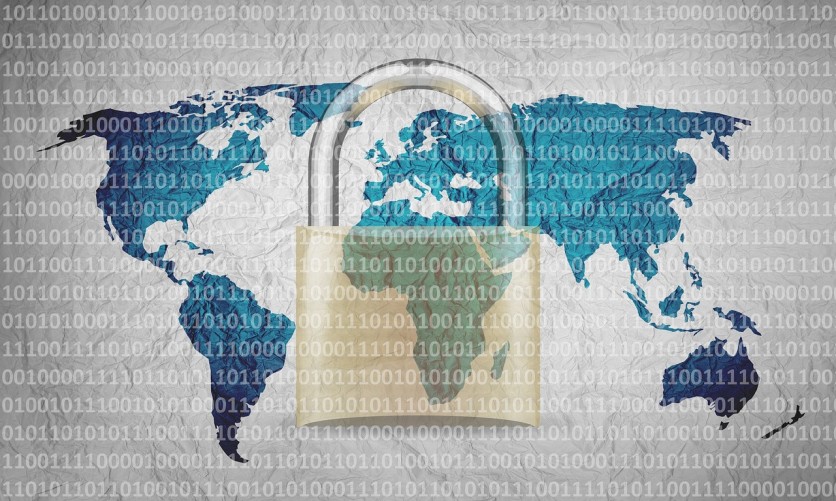
As the holiday season approaches, the allure of traveling becomes increasingly enticing. Whether escaping the winter chill for a tropical paradise or embarking on a cultural adventure to a bustling city, exploring new destinations ignites a sense of excitement and anticipation. However, amidst the excitement of planning itineraries and packing essentials, it's crucial not to overlook the importance of cyber safety while traveling.
In today's interconnected world, where our smartphones are practically an extension of ourselves, the risks of cybercrime while traveling are just as significant as the more traditional concerns like pickpocketing or lost passports, as ExpressVPN's research shows. While we often associate travel safety with physical security measures such as locking our belongings or staying in well-lit areas, it's equally important to exercise caution in the digital realm.
Picture this: you're exploring the streets of a vibrant foreign city, snapping photos, and sharing your adventures on social media. Meanwhile, cybercriminals who prey on unsuspecting travelers lurk in the shadows of the internet. From phishing scams to Wi-Fi network spoofing, there are myriad ways in which your personal information can be compromised if you're not vigilant.
So, why is cybercrime on holiday just as significant as pickpocketing? Consider this: while losing your wallet to a thief is undoubtedly inconvenient, the consequences of falling victim to cybercrime can be far-reaching and potentially devastating. From identity theft to financial fraud, the repercussions of having your sensitive information compromised can extend long after you've returned home from your travels.
So, how can you stay one step ahead of cybercriminals while globetrotting? Firstly, exercising caution when connecting to public Wi-Fi networks is crucial. While convenient, these networks are often unsecured, making them prime targets for hackers. Use a virtual private network (VPN) to encrypt your internet connection and keep your data safe from prying eyes.
Additionally, be wary of phishing attempts disguised as legitimate emails or messages from trusted sources. Avoid clicking on suspicious links or downloading attachments from unknown senders, as these could be phishing attempts designed to steal your login credentials or install malware on your device.
Furthermore, consider enabling two-factor authentication (2FA) on your accounts for an added layer of security. This additional step helps to verify your identity when logging in from an unfamiliar device or location, making it more difficult for cybercriminals to gain unauthorized access to your accounts.
In conclusion, while the thrill of traveling abroad is undeniable, it's essential to remain vigilant and aware of the potential cyber safety concerns that accompany it. By taking proactive measures to protect your personal information and staying informed about the latest cybersecurity threats, you can enjoy your travels with peace of mind, knowing that you've taken steps to safeguard your digital footprint. So, as you embark on your next adventure, remember to stay safe both in the physical and digital worlds. Safe travels!
ⓒ 2026 TECHTIMES.com All rights reserved. Do not reproduce without permission.





